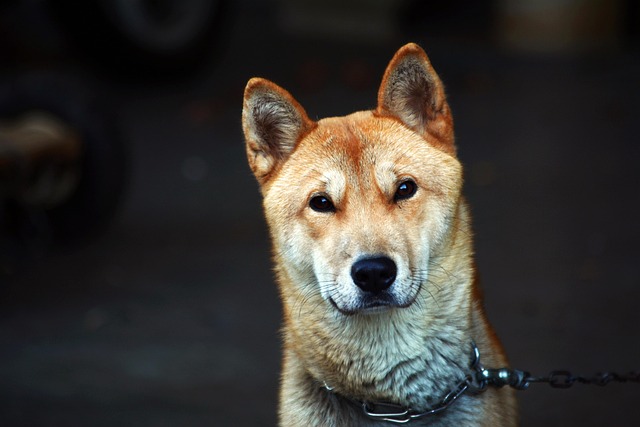
How to discipline a Beagle puppy?
Beagle puppies come with a double dose of energy and curiosity—traits that make them charming, but also prone to chewing shoes or darting through open doors.
Half-eaten burger wrapper trailing across the kitchen floor, coffee grounds scattered like dark confetti—these are the telltale signs your dog’s been rummaging where they shouldn’t. It’s a messy habit, but more than that, it can land you in hot water. Many cities across Europe and North America have strict laws about pet-related public nuisances, and a trash-raiding pup that drags garbage into a neighbor’s yard might trigger fines. Even indoors, certain discarded items—like onion peels or chocolate wrappers—pose serious health risks.
Dogs dig through trash for reasons rooted in their instincts. Puppies, full of curiosity, explore with their mouths, while older dogs might seek out food scraps if their diet feels insufficient. Boredom plays a role too; a dog left alone for hours may turn to the trash as a way to entertain themselves. Understanding the “why” is the first step toward stopping the behavior.
Start by making the trash can less accessible. In many European households, a lidded bin stored under the sink with a childproof lock works wonders—dogs can’t knock it over if they can’t reach it. For larger bins in garages or utility rooms, try placing them inside a cabinet or using a heavy-duty cover with a foot pedal. These simple adjustments remove the opportunity, which is often enough to break the habit.
 Consistency matters when training. If you catch your dog in the act, a firm “no” followed by redirecting their attention to a chew toy or puzzle feeder can help. Never scold them after the fact, though—they won’t connect the punishment to the earlier behavior. Positive reinforcement goes further: praise them when they ignore the trash, and offer treats as rewards. This builds good habits over time.
Consistency matters when training. If you catch your dog in the act, a firm “no” followed by redirecting their attention to a chew toy or puzzle feeder can help. Never scold them after the fact, though—they won’t connect the punishment to the earlier behavior. Positive reinforcement goes further: praise them when they ignore the trash, and offer treats as rewards. This builds good habits over time.
Consider your dog’s daily routine. A tired dog is less likely to misbehave, so ensure they get plenty of exercise—whether it’s a long walk in the park or a game of fetch in the backyard. Mental stimulation is key too; interactive toys that dispense treats keep their minds busy, reducing the urge to hunt for trouble in the bin.
Be mindful of what goes into the trash, especially in regions with strict waste-sorting laws. Food scraps that might attract your dog could also violate local regulations if not disposed of properly. Using compost bins for organic waste, kept securely outdoors, not only helps the environment but also keeps tempting smells away from your dog’s reach.
Remember, patience is part of the process. Most dogs respond to consistent training and environmental changes within a few weeks. If the behavior persists, consulting a professional dog trainer or veterinarian is a good idea—they can rule out underlying issues like anxiety or nutritional deficiencies.
By addressing the root cause, adjusting your home setup, and staying consistent with training, you can put an end to trash digging. Not only will your home stay cleaner, but you’ll also ensure you’re following local laws and keeping your furry friend safe and happy.

Beagle puppies come with a double dose of energy and curiosity—traits that make them charming, but also prone to chewing shoes or darting through open doors.

Dogs thrive on routine, and small breeds—with their quicker metabolisms—need extra consistency. Start by taking your pup out at the same times daily: right after waking up, 15 minutes after meals, and just before bed.

Corgis, with their stubby legs and big personalities, can be little troublemakers when they decide to ignore commands.

The sudden explosion of barking when a delivery person approaches your door or a neighbor walks past your window is more than just a nuisance

The panicked barking that starts the moment your apartment door closes isn't just heartbreaking—it's a common struggle for urban dog owners trying

That insistent barking your dog does when demanding food, attention, or toys isn't just annoying—it's a learned behavior that's surprisingly easy to reinforce accidentally.